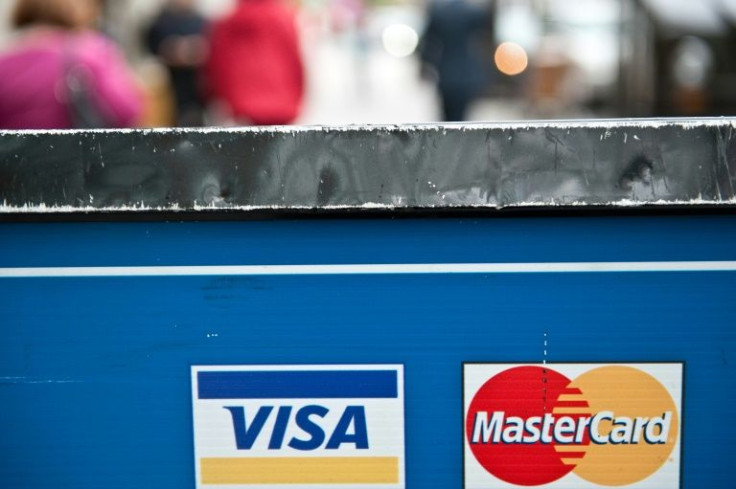Visa And Mastercard Reach Landmark Settlement To Reduce Credit Card Fees

Visa and Mastercard have reached a landmark settlement aimed at reducing credit card interchange fees. The agreement, which follows years of litigation and negotiations, could potentially save American shoppers tens of billions of dollars over the next several years.
According to a report from ABC News, the settlement will see Visa and Mastercard cap credit interchange fees until 2030, with the companies obligated to negotiate fees with merchant buying groups. The value of the savings in swipe fees is estimated to be close to $30 billion, as stated by the law firm involved in the settlement.
This settlement stems from a 2005 lawsuit alleging that merchants paid excessive fees to accept Visa and Mastercard credit cards, reported ABC News. Although Visa and Mastercard agreed to pay $6.2 billion as part of a previous settlement in 2018, the recent agreement addresses unresolved issues, including fee disputes and rules imposed by the credit card companies.
Meanwhile, The Hill reported that Visa and Mastercard have agreed to roll back published swipe fees by at least four basis points for at least three years, with fees not to exceed their levels at the end of 2023 for the subsequent five years. The changes are expected to result in significant savings for merchants, estimated at $29.8 billion over the next five years.
Representatives from Visa and Mastercard emphasized the importance of the settlement in providing relief to small businesses and delivering certainty and value to merchants, according to The Hill. However, the debate over competition in the credit card interchange fee market continues on Capitol Hill.
Last summer, Senators Richard Durbin and Roger Marshall reintroduced the Credit Card Competition Act, aimed at promoting competition within the credit card processing market.
The proposed legislation seeks to require financial institutions to enable multiple network options for credit card transactions, with support from retailers but opposition from industry trade groups.
© Copyright IBTimes 2025. All rights reserved.





















